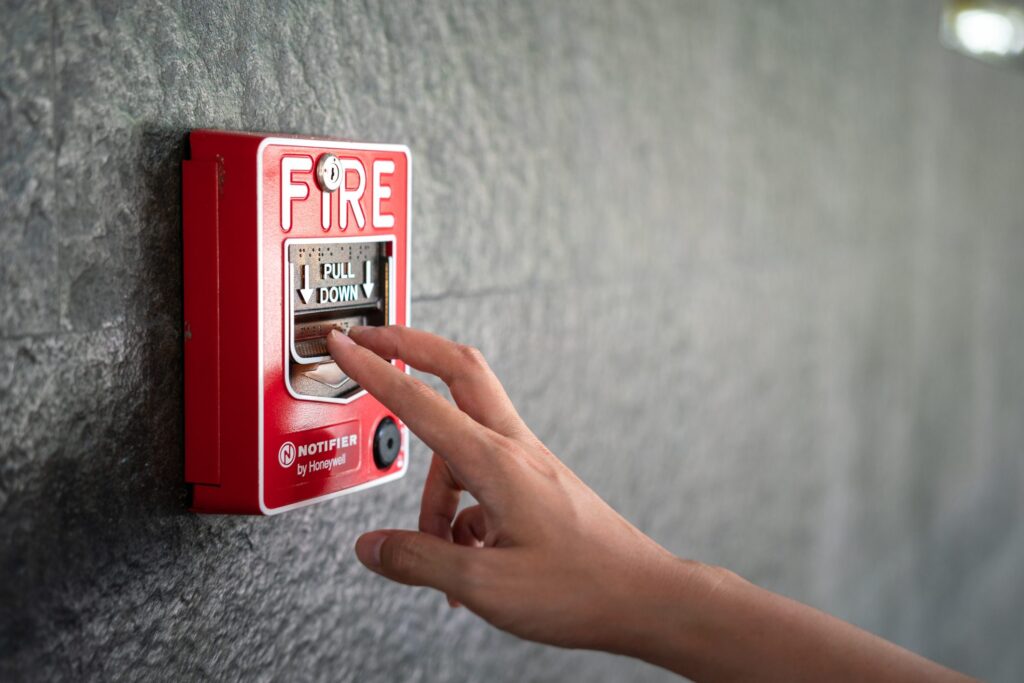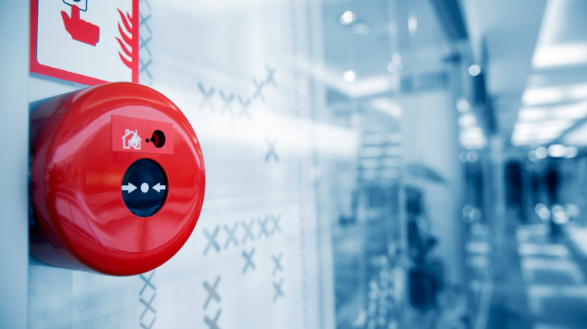Indonesian fire contractors play an increasingly important role in the construction and maintenance of safe buildings and infrastructure throughout the country. As urban areas continue to grow and industrial developments expand, the need for reliable fire protection services has never been greater. Fire contractors in Indonesia are responsible for designing, installing, and maintaining fire safety systems that help protect lives, property, and investments. Their work spans across multiple sectors, including residential buildings, commercial facilities, factories, shopping malls, airports, and hospitals. With fire hazards posing a constant threat in densely populated and high-risk areas, professional fire contractors bring essential expertise to minimize potential disasters. They also collaborate closely with architects, engineers, and property developers to integrate fire safety into the earliest stages of a building’s design. This comprehensive approach ensures that all safety regulations are followed and that structures are well-equipped to manage fire emergencies effectively.
The services offered by Indonesian fire contractors are wide-ranging and tailored to suit various building types and operational environments. They install key components such as fire alarms, smoke detectors, fire sprinklers, hydrants, fire extinguishers, emergency lighting, and evacuation systems. Passive fire protection measures, like fire-rated doors, fire-resistant walls, and compartmentation systems, are also part of their scope of work. These installations are planned with precision, based on detailed risk assessments and adherence to national and international fire safety standards. Contractors also provide regular inspection, maintenance, and testing services to ensure that all systems remain functional and compliant over time. This ongoing maintenance is crucial for the long-term reliability of fire protection systems, especially in high-traffic or high-risk areas. Many contractors also offer emergency support, assisting clients in the event of a fire incident and helping restore or replace damaged systems promptly. Their end-to-end service model is essential for maintaining a high level of fire safety readiness in any environment.
A key strength of Indonesian fire contractors lies in their ability to adapt solutions based on the unique needs of each sector they serve. In industrial settings, fire safety systems must be designed to withstand high temperatures, chemical exposure, and large-scale machinery. Contractors must use specialized equipment and materials to meet these rigorous demands, ensuring fast fire detection and suppression. In commercial spaces like shopping centers and office buildings, the focus is often on creating discreet, user-friendly systems that blend with aesthetics while still offering top-level protection. Residential developments require accessible, easy-to-maintain fire alarms and extinguishers, especially in high-rise apartment buildings where evacuation is more complex. Healthcare facilities, airports, and schools all have their own safety considerations, which fire contractors must carefully evaluate during the planning process. Their ability to tailor fire safety systems to different operational environments makes them vital contributors to public safety and infrastructure resilience. The success of their work often depends on close communication with clients and a thorough understanding of the hazards present in each setting.

As fire safety technology evolves, fire suppression system adiwarna are embracing innovation to improve system performance and service delivery. Smart fire detection systems, which use sensors and real-time monitoring, are becoming more common in modern buildings. These systems can quickly identify the location and intensity of a fire, allowing for a faster emergency response. Some contractors also offer integration with building management systems, enabling centralized control over alarms, sprinklers, ventilation, and emergency lighting. Advances in materials science have introduced more effective fire-resistant coatings and barriers, while portable suppression systems have become more compact and powerful. Many contractors are also adopting software tools to design fire system layouts, simulate evacuation routes, and manage maintenance schedules more efficiently. Training is another area of innovation, with some firms using virtual reality to simulate fire emergencies and train personnel. By staying at the forefront of technology, Indonesian fire contractors are not only improving safety outcomes but also gaining a competitive edge in a growing industry.
Despite these advancements, fire contractors in Indonesia continue to face challenges that impact their operations. In some regions, particularly rural or underdeveloped areas, awareness of fire safety remains low, and enforcement of building regulations can be inconsistent. Contractors must often educate clients about the long-term benefits of investing in fire protection and help them understand the risks of non-compliance. Budget constraints also pose difficulties, as some property owners are hesitant to allocate funds for systems they may not see as immediately necessary. Additionally, there can be delays in obtaining permits, importing specialized equipment, or coordinating with local fire authorities. To overcome these obstacles, leading contractors are investing in community outreach, staff training, and strategic partnerships with government agencies and private stakeholders. By building trust and offering cost-effective, scalable solutions, they can expand their impact and promote a stronger fire safety culture across the country. These efforts are crucial not only for individual projects but for the broader goal of national fire safety improvement.
In conclusion, Indonesian fire contractors serve a critical function in protecting people, properties, and investments across the nation. Their expertise in system design, installation, and maintenance ensures that buildings are prepared to respond quickly and effectively to fire emergencies. By offering customized solutions, embracing modern technologies, and addressing local challenges, they contribute significantly to Indonesia’s development and public safety efforts. As urbanization accelerates and infrastructure projects increase, the demand for qualified and reliable fire contractors will continue to rise. Their work may often go unnoticed until an emergency occurs, but the value they bring to society is both immense and enduring. Moving forward, it is essential that fire contractors receive the support, training, and recognition needed to continue safeguarding Indonesia’s growing cities and communities. With their skills, dedication, and innovation, they will remain at the forefront of building a safer and more secure future for all.



